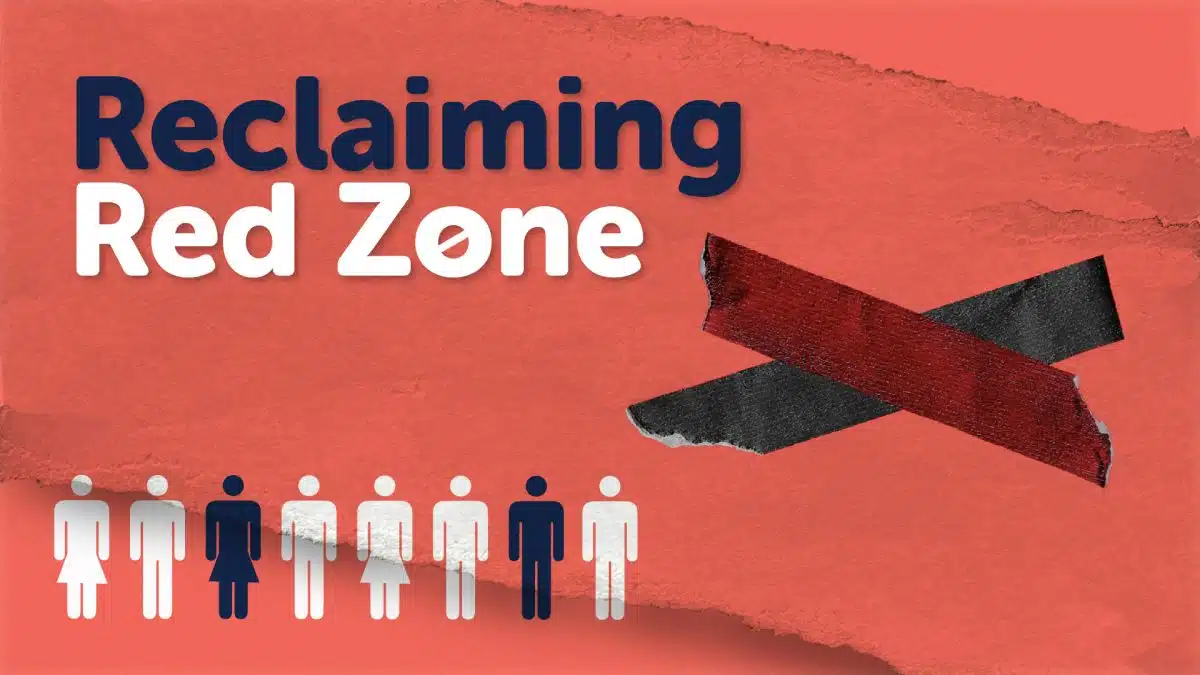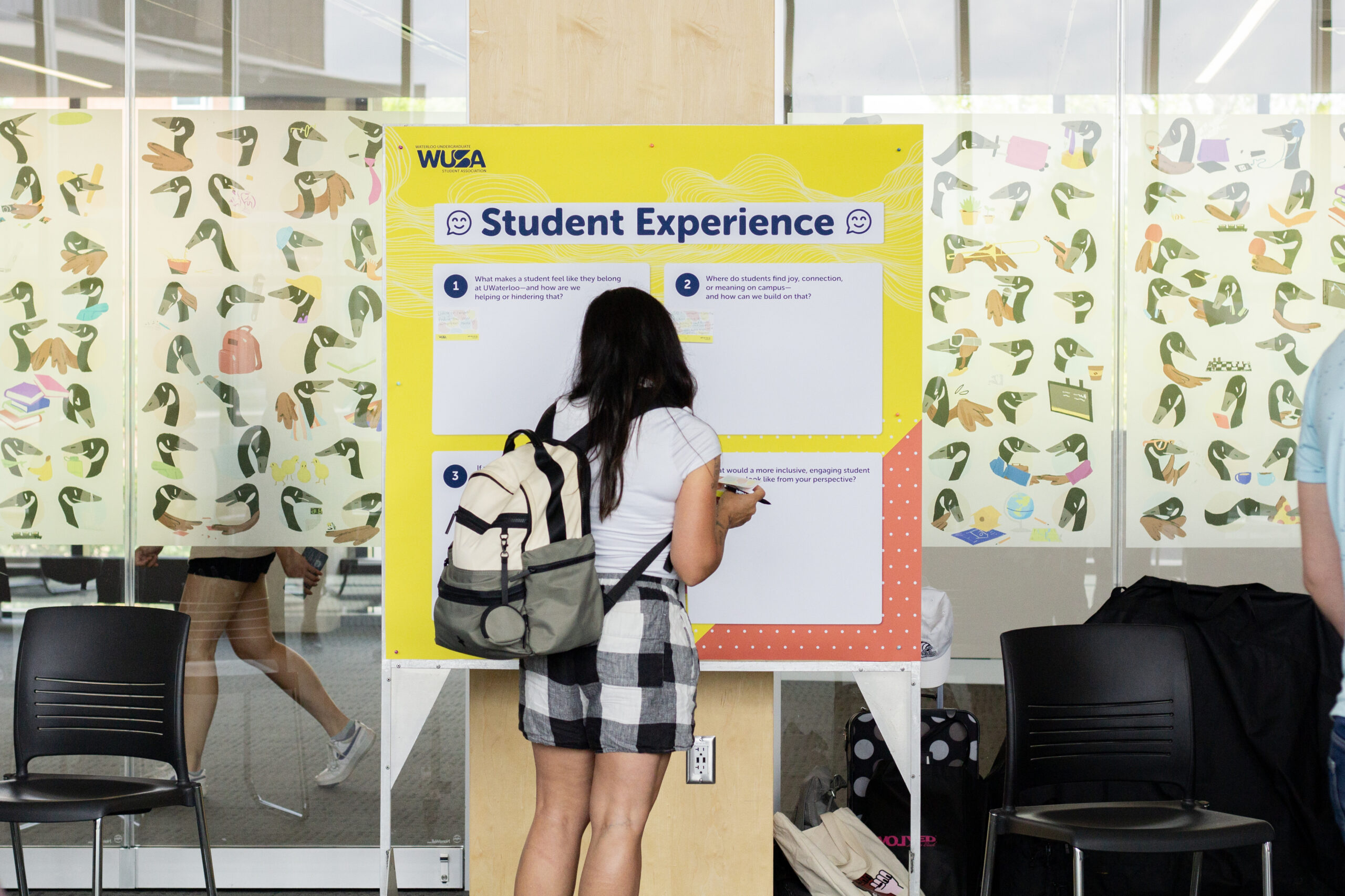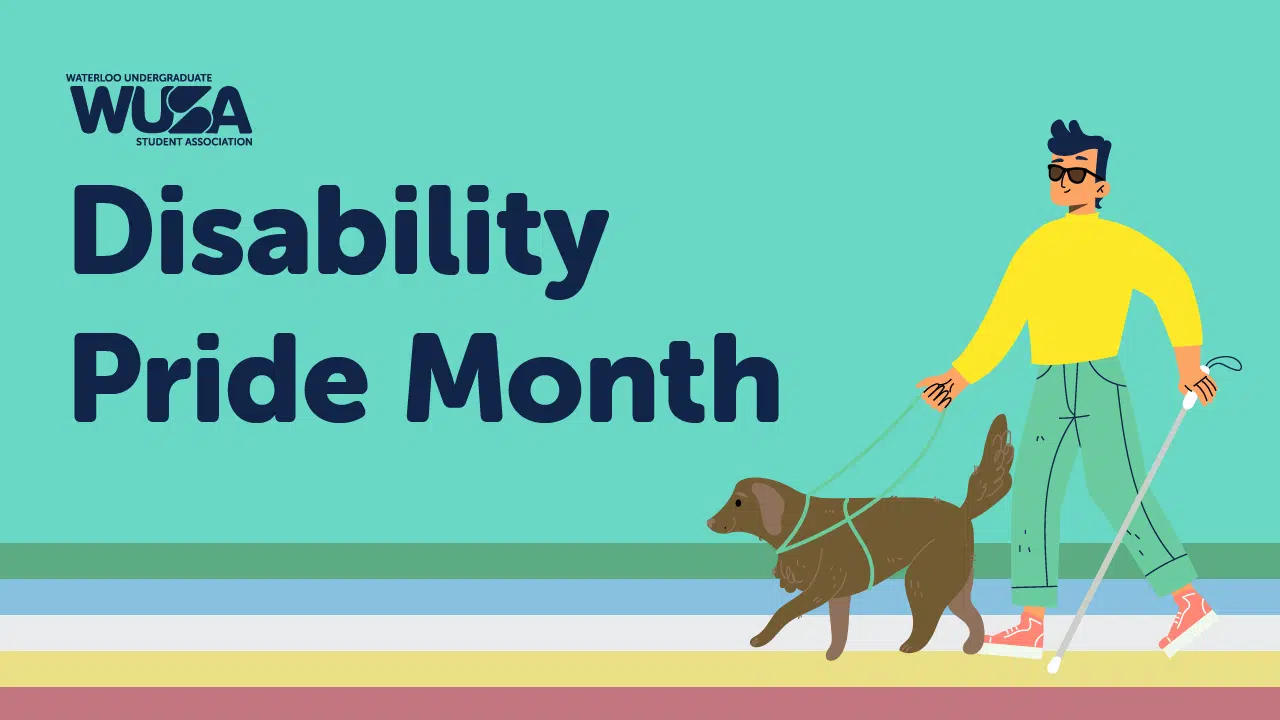Reclaiming the Red Zone

The start of every school year offers great promise, possibility, and potential for new students and returning students. It can be a time of great excitement, unfortunately, it is during this time that students can also face immense challenges, like the stress of academic pressure, isolation in new cities, pressure to fit in, make new friends and try new things, and unfortunately sexual violence.
The start of the fall semester, the time between Orientation Week and Halloween, has been dubbed the “Red Zone” where students, especially first year students, are more likely to experience sexual violence. Due to limited education about consent, sexual health and relationships, pressure to attend social gatherings and maybe try alcohol and drugs, and a multitude of other factors associated with young people entering an unfamiliar space, many students are faced with the terrible and jarring reality of the Red Zone – especially marginalized students.
Through comprehensive sexual health and consent education, as well as awareness raising about the Red Zone, our Waterloo campus can be made into a safer, more supportive community for students. Therefore, it is vital for students, and all campus members, to be made aware of the Red Zone and educated about what can be done about it, in order to reclaim this space.
Reclaiming the Red Zone means using consent in your day-to-day interactions, as well as your sexual interactions, challenging language that is disrespectful and harmful, setting clear boundaries and asking others about theirs, being an active bystander and intervening directly or indirectly when you see harm, and fighting for change here in our own community.
Sexual violence is an umbrella term which includes any sexual act or acts targeting a person’s sexuality, gender identity or gender expression, whether the act is physical or psychological in nature, that is committed, threatened or attempted against a person without their consent. Examples of sexual violence are sexual assault, sexual harassment, stalking, and posting nude photos or videos online of someone without their consent.
Join WUSA and SVPRO (the Sexual Violence Prevention & Response Office) on Tuesday September 17th between 11am – 4pm in the SLC Marketplace to learn more about the Red Zone, what supports exist on campus and how to practice consent. Guided tours of campus supports will be available on the hour for anyone interested.
Consent week is September 16 – 20, which is an opportunity to engage in conversations, activities and events focused on consent, in an effort to build Consent culture. For information about consent and events happening, check out SVPRO’s (the Sexual Violence Prevention & Response Office) website.
According to RAINN (Rape, Abuse & Incest National Network), consent should be “… clearly and freely communicated. A verbal and affirmative expression of consent can help both you and your partner to understand and respect each other’s boundaries. Consent cannot be given by individuals who are underage, intoxicated or incapacitated by drugs or alcohol, or asleep or unconscious”. Consent is not continuing to engage with partners who are unenthusiastic, upset, or unresponsive; ultimately consent is all about informed and open communication between partners.
Resources:
At the University of Waterloo, we have several resources which can help foster a culture where getting consent is a priority. The Sexual Violence Prevention and Response Office (SVPRO), supports all campus community members who have experienced, or been impacted by, sexual and gender based violence. They have an extensive list of helplines, support services and safety related resources.
WUSA also recommends visiting the Women’s Centre, where you can find a safe space for open discussions with an intersectional lens. They can also help connect you with resources about sexual health, healthy relationships, mental health, contraceptive methods, and more.
The Office of Equity, Diversity, Inclusion and Anti-Racism also works on normalizing dialogue about consent and exploring ways to engage in healthy, positive, respectful relationships with each other, while embedding consent in our daily practices.
Links to learn more:
https://uwaterloo.ca/campus-wellness/sexual-health#Consent
https://wusa.ca/services/student-run-services/womens-centre/
https://sexualhealthontario.ca/en/home
https://www.scribd.com/document/589989655/Our-Campus-Our-Safety#fullscreen&from_embed
https://uwaterloo.ca/human-rights-equity-inclusion/svpro
https://www.shatteringthesilence.org/red-zone
https://www150.statcan.gc.ca/n1/pub/85-002-x/2020001/article/00005-eng.htm
Published: Tuesday, September 3, 2024
Related Articles
Advocacy, Featured, General, Student Blog, Student Life




